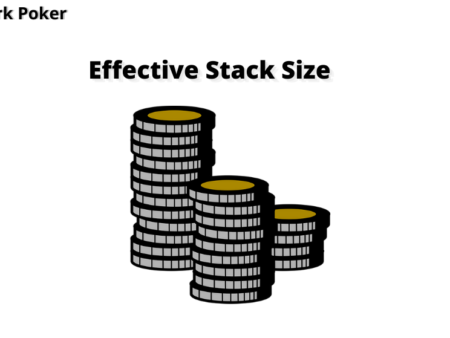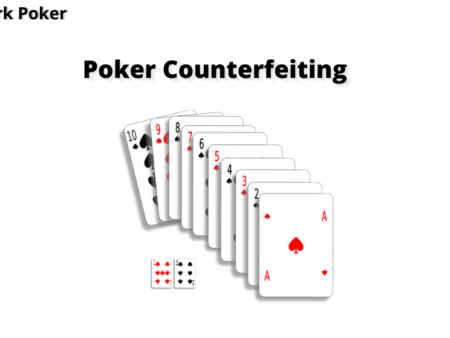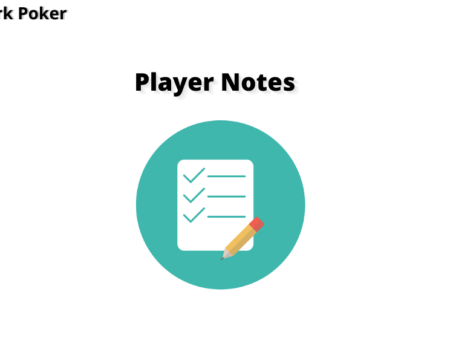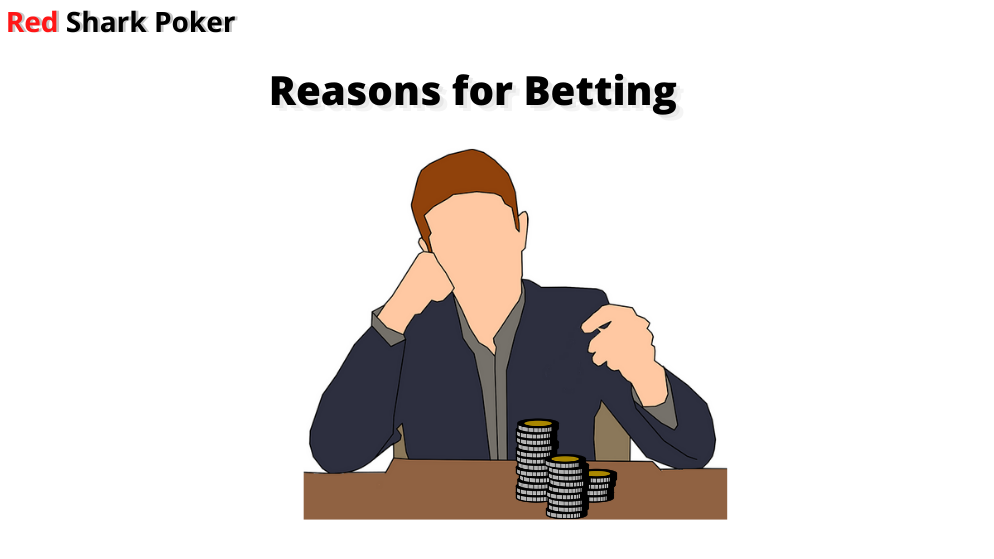
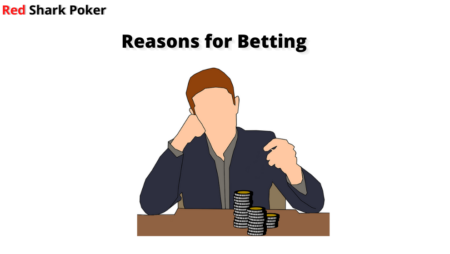
The first step in strategizing your game is choosing the right starting hands. Once you have made the right starting hand selection and entered the pot with a call or a raise, what will you do on the flop? Will you bet? And if you decide to bet, what will be your reasons for betting in poker?
The reasons for betting in poker is directly related to answering this important question – Do I have the best hand? If you know the answer, you have the reason! So, let us look at the possible answers to the question:
Do I have the Best Hand?
| Answer | Action |
| I believe I have the best hand | I should bet for value |
| I don’t believe I have the best hand | I may bet as a bluff |
| I am not sure | Don’t bet! Check/Call or Fold |
Let’s look at the different answers in detail to know more about the reasons for betting in poker post-flop.
I believe I have the best hand – Bet for Value
As you have noticed before, we are using the word “believe” here. This is because you can never find out your opponent’s hand before the showdown. You can only believe what hand your opponent is holding based on his playing style and the experience of playing with him. Only in the case of a nut hand like holding a nut flush or quads, you can be sure that you have the best hand.
Let’s look at an example to understand value betting.
A tight-aggressive player raises to 3X big blind from UTG, and you call with A♠ J♠ from the button. The flop reads J♣ 2♦ 5♠. Your opponent checks. Here, you can believe that you have the best hand – Top pair with top kicker. The only hands that your opponent can beat you at the moment are JJ, 22 and 55. As your opponent is a tight player who plays with only TT+ from UTG, you can be confident that he doesn’t hold pocket fives and pocket deuces. He usually raises 5X big blind with pocket tens and above. So, he is also not holding pocket Jacks. You believe that your opponent might be holding AK, AQ, KQ, KJ, JT and other suited connectors.
As you believe that you have the best hand, you should bet to extract value from your opponent. If your opponent calls your bet, you will be making money.
I don’t believe I have the best hand – May Bet as a Bluff
If you believe that you don’t have the best hand, you have the option to bet as a bluff. Remember, it is not mandatory to bluff all the time. So, we are using the word “may” to describe this reason for betting in poker. Bluffing is an advanced play, and you have to consider a lot of variables like your position, your opponent’s position, opponent’s range, your perceived range, opponent’s playing style, opponent’s fold percentage on different streets, etc., before bluffing. If you are a beginner, don’t attempt to bluff without fully understanding this advanced play.
Since we are touching on this subject, let’s talk about the possibilities of bluffing when you think there is an opportunity of forcing your opponent to fold even when he is holding the best hand.
There are two types of bluffing – Semi-bluff and Pure Bluff.
Semi-Bluff
If you have missed the flop and decide to bet as a bluff, you should always have some outs that can connect on the later streets. When you bet as a bluff on the flop, there is a possibility that your opponent will fold and you can win the pot right away. In case your opponent calls, your hand can become the best if any of the outs hit the board on the later streets. This style of betting is called semi-bluffing: You are bluffing on the current street, but your hand can become the best on later streets.
Let’s look at an example to understand semi-bluff.
You open-raise to 3X big blind with 5♠ 7♠ from middle position and a loose-aggressive player calls from the button. The flop reads A♣ 8♦ 9♠. As your opponent is a loose-aggressive player who usually 3-bets (re-raises) with an Ace (Ace-suited and Ace off-suit), you are quite sure that he doesn’t hold an Ace. You have to act first on a missed flop. What will you do? Here, you have an opportunity to semi-bluff. If you bet as a bluff, you can easily represent an ace as you have raised preflop. If your opponent doesn’t have an ace, he might fold, and you can win the pot right away. In case he calls, you have an open-ended straight with 8 outs. If any of the outs hit on the later street, you can win a huge pot!
If you don’t know how to semi-bluff, read here: How to Semi-Bluff in Poker?
Pure Bluff
If you have no chance of winning when you have missed the draws or have zero outs, you can opt to bet as a pure bluff. However, this requires a very good read on your opponent. You need to be confident enough to know that your opponent will fold; otherwise, it can turn out to be a disaster. On a board like 3♣ 4♦ 8♠ 5♥ 5♠, you have no chances of winning with a hand like J♣9♦. If you know that your opponent is a very tight player who plays with only aces, kings, queens and jacks, you can make a pure bluff to represent a straight, trips or a full house.
Check out the complete guide on bluffing: How to Bluff in Poker?
Knowing the type of players helps you in bluffing.
The Looser the Opponent = More Difficult to Bluff
The Tighter the Opponent = Easier to Bluff
I am not sure – Don’t Bet! Check/Call or Fold
Always ask this question before you decide to bet – Do I have the best hand? If you are not sure of the answer, don’t bet. If you don’t know who is holding the best hand, you will be shooting in the dark with your bets. If you are the first player to act, just check on the post-flop. If you face a bet from your opponent, calculate your outs and the equity of your hand. A very common mistake by beginners is betting for information, also known as probing. Many players make a probe bet on the flop, turn or river to see if the opponent has hit anything. This gives your opponent a lot of choices:
- He can call with the best hand and set up a trap
- He can call and improve his hand on the later streets
- He can re-raise and force you to fold right away.
So, the best strategy is not to bet when you don’t know who is holding the best hand.
Conclusion
Always ask the question before you decide to bet – Do I have the best hand? The answer will dictate the course of action. Every move must have solid logical reasoning. When you believe you have the best hand, your course of action will be value betting. Your goal will be to make money from your opponent. When you believe that you don’t have the best hand and choose to bluff, your course of action will be to represent the hand that you have decided post-flop. When you are not sure of having the best hand, don’t bet as you will not know if you are bluffing or value betting. So, always ask this question, find the reasons for betting in poker and follow your plan!

